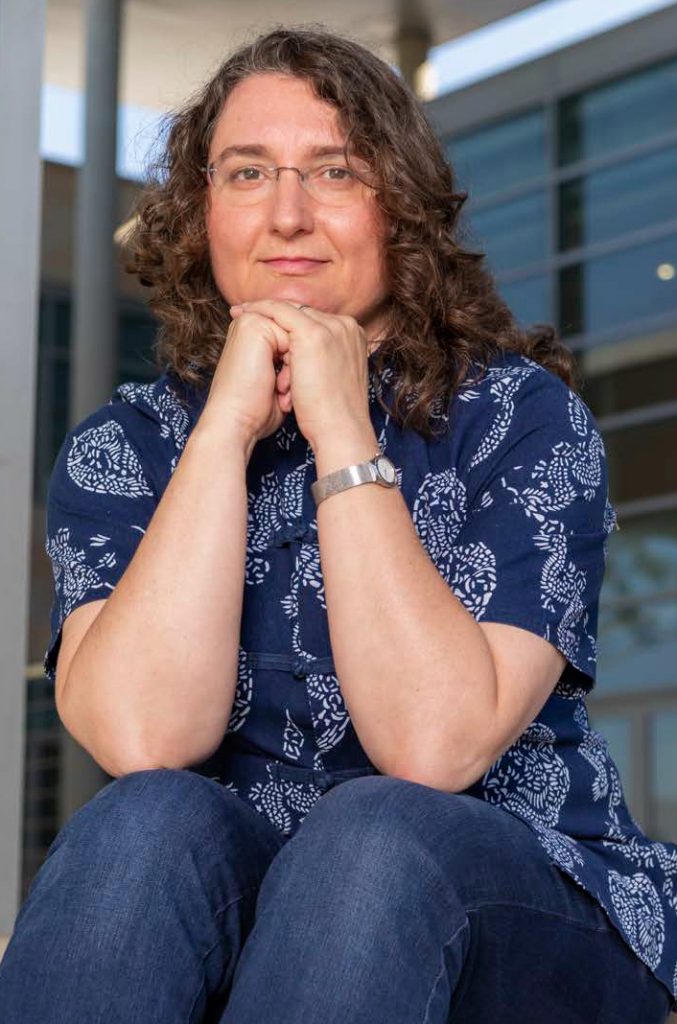Chemical transformations of alternative carbon-based materials, such as non-volatile biomass and waste plastic, are strongly influenced by the partitioning of reactants, intermediates, products, and spectator molecules (including the solvent) between the bulk liquid phase and the surfaces or pore spaces of solid catalysts. The relative affinities of the reacting molecules for the solution vs. the surface can give rise to strongly non-monotonic activity and selectivity trends with changes in solvent. This lecture will describe our recent efforts to explore solvent effects at the molecular level, for acid/base-catalyzed isomerization and metal-catalyzed hydrogenolysis and hydrogenation. By assessing adsorption under reaction conditions and probing the composition of the solid-liquid interface using operando MAS-NMR at high temperatures/pressures, while simultaneously observing the kinetics of the catalytic reaction, we are starting to make quantitative predictions about catalytic upgrading of renewable feedstocks.
Biography

Susannah Scott is a Distinguished Professor in both Chemical Engineering and in Chemistry & Biochemistry at the University of California, Santa Barbara. She received her Ph.D. in Inorganic Chemistry from Iowa State University, under the direction of Jim Espenson and Andreja Bakac, for her work on the activation of O2 and transition metal-catalyzed oxidation mechanisms. After a NATO Postdoctoral Fellowship with Jean-Marie Basset at the Institut de recherches sur la catalyse (CNRS) in Lyon, France, she joined the faculty of the University of Ottawa (Canada) in 1994, where she was named a Canada Research Chair in 2001. In 2003, she moved to the University of California, Santa Barbara, where she currently holds the Duncan and Suzanne Mellichamp Chair in Sustainable Catalysis and is the Chair of the Academic Senate.
Scott is an Executive Editor for ACS Catalysis, a member of the Board of Reviewing Editors for Science, and a member of Scientific Advisory Boards at the Fritz Haber Institute, SUNCAT, SSRL, and NREL. Her research interests include the design of heterogeneous catalysts with well-defined active sites for the conversion of unconventional carbon-based feedstocks, as well as environmental catalysts to promote air and water quality. She develops new kinetic and spectroscopic methods to probe reaction mechanisms. In 2014, she founded the Mellichamp Academic Initiative in Sustainable Manufacturing and Product Design at UC Santa Barbara, where she now leads an interdisciplinary program in research and education involving chemistry, chemical engineering, materials, environmental science, industrial ecology, technology management, political science, economics, and science communication. In 2022, she will chair the Gordon Research Conference on Catalysis.




